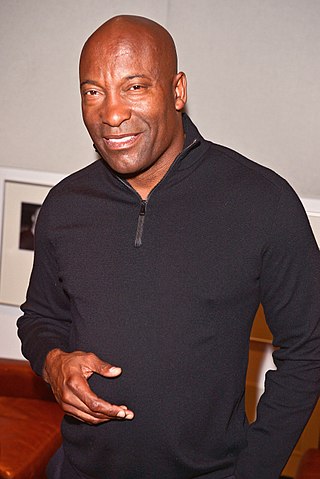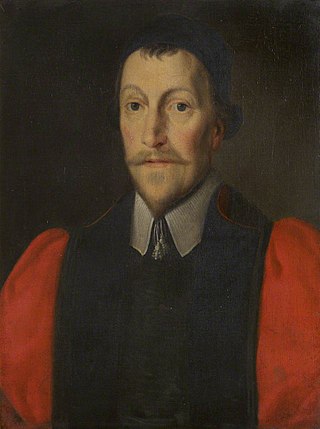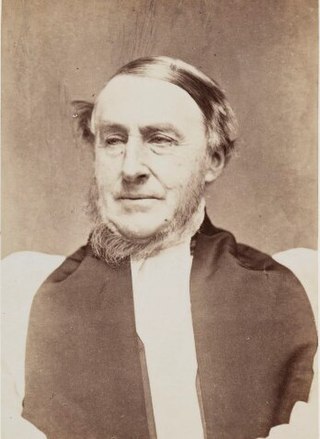Related Research Articles

John Daniel Singleton was an American director, screenwriter, and producer. He made his feature film debut writing and directing Boyz n the Hood (1991), for which he was nominated for the Academy Award for Best Director, becoming, at age 24, the first African American and youngest person to have ever been nominated for that award.

John Hacket was an English churchman, Bishop of Lichfield and Coventry from 1661 until his death.

Richard Vaughan was a Welsh bishop of the Church of England.
Samuel Rutter was Bishop of Sodor and Man between 1661 and 1662.
John Sprint was an English clergyman and theologian, as well as a writer in favor of conformity, despite earlier Puritan views that had led him into conflict with the authorities.

William Beale was an English royalist churchman, Master in turn of Jesus College, Cambridge and St John's College, Cambridge. He was subjected to intense attacks by John Pym from 1640, for an unpublished sermon he had given in 1635 supporting royal prerogative. According to Glenn Burgess, Pym's attention to Beale was because he exhibited a rare combination of Arminian or Laudian theological views with explicit political views tending to absolutism.

Edmund (Edmwnd) Prys was a Welsh clergyman and poet, best known for Welsh metrical translations of the Psalms in his Salmau Cân.

Lord Arthur Charles Hervey was an English bishop who served as Bishop of Bath and Wells from 1869 to 1894. He was usually known by his aristocratic courtesy title, "Lord", rather than the style appropriate to a bishop, the Right Reverend.
Martin Culpepper was an English clergyman, medical doctor, and academic at the University of Oxford.
Philip King (1603–1667) was an English academic and churchman, Archdeacon of Lewes from 1660 until 1667.
The Archdeacon of Brecon is a senior ecclesiastical officer in the Church in Wales Diocese of Swansea and Brecon. The archdeacon is the senior priest with responsibility over the area of the archdeaconry of Brecon, which comprises the five rural deaneries of Brecon, Builth, Crickhowell, Hay and Maelienydd.
Thomas Singleton, DD was Archdeacon of Northumberland from 1826 until his death.
William Swaddon was Archdeacon of Worcester from 1610 to 1623.
Thomas Price (1599–1685) was the Church of Ireland's Archbishop of Cashel.
Hugh Singleton Wood, KHC (1859–1941) was a Church of England priest and Royal Navy chaplain. He was the Chaplain of the Fleet and Archdeacon of the Royal Navy, serving from 1906 to 1917.
Charles William Murry, commonly known as Charlie Murry is an Australian bishop in the Anglican Church of Australia. He has served as an assistant bishop in the Anglican Diocese of Newcastle, as the assistant bishop for the Coastal Episcopate, since May 2018.
Hugh Lloyd was a 17th-century English priest.
Robert White was an English Anglican priest in the 17th century.
William Finmore was a seventeenth-century Anglican priest.
References
- ↑ "The Ejected of 1662 in Cumberland & Westmorland" Nightingale, B. p649
- ↑ Shield-Smethurst
- ↑ Horn, Joyce M.; Smith, David M.; Mussett, Patrick (2004), Fasti Ecclesiae Anglicanae 1541–1857, vol. 11, pp. 18–20